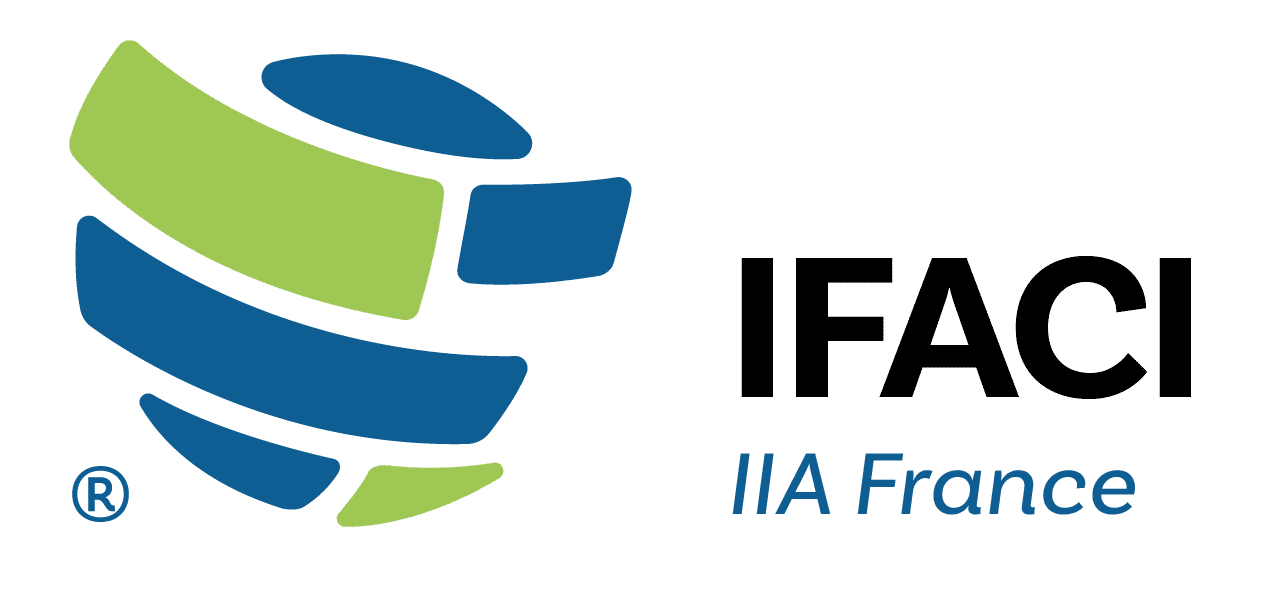Un nouveau sondage de l’IIA UK (Chartered Institute of Internal Auditors) révèle que l’IA est susceptible d’alimenter une augmentation de la cybercriminalité, de la fraude et de la criminalité économique.
« With the rise of Artificial Intelligence (AI) rapidly revolutionising how we do business and live our everyday lives, Chief Internal Auditors are becoming increasingly concerned that cyber-criminals are likely to weaponize the technology to commit bigger, more sophisticated and more dangerous crimes.
New research has found that 78% of Chief Internal Auditors believe AI will negatively impact cybersecurity and data security, while 58% say it will exacerbate fraud. The survey of 985 Chief Internal Auditors across Europe reflects the views of internal audit and risk management experts and underscores the growing concern amongst business leaders about the risks associated with AI.
These results come at a time of increasing media reports and wider public concern around AI-powered cyber-attacks, financial scams and the recent emergence of deep-fakes being used to influence voters during the current UK election campaign.
Chief Internal Auditors reported that the top five risks most negatively impacted by AI for business leaders to consider are as follows:
- Cybersecurity and data security (78%)
- Fraud, bribery and the criminal exploitation of disruption (58%)
- Digital disruption, new technology and AI (55%)
- Human capital, diversity, talent management and retention (48%)
- Communications, reputation and stakeholder relationships (41%)
The results indicate that the boards and senior management of organisations should harness the skills and expertise of their internal auditors and seek independent internal assurance that the controls used to mitigate and manage AI-related risks are working effectively. Where controls are found deficient or ineffective internal audit can make recommendations for management to implement corrective action to address control weaknesses, helping to enhance business resilience and performance.
Organisations are being advised that in preventing AI-powered attacks they will increasingly need to deploy the same AI tools as part of their cyber defences, with the best defence against AI-powered cyber-crime often being AI-powered cybersecurity solutions. For example, some AI cybersecurity tools can detect ransomware in seconds. Internal audit can play a key role in supporting boards and senior management to raise the AI cybersecurity bar across the organisation by making recommendations and advising on improving cyber controls and defences.
Anne Kiem OBE, Chief Executive of the Chartered Institute of Internal Auditors said: “AI is evolving rapidly, and as with all new technologies it can be used for positive and negative reasons. Our research has shown that Chief Internal Auditors are alert to the threats, and this should bring some comfort to those organisations that have a strong focus on risk control, risk mitigation, and having a well-resourced internal audit function. Internal auditors remain a force for good.”
The survey included views from Chief Internal Auditors in Albania, Armenia, Austria, Belgium, Bulgaria, France, Germany, Greece, Hungary, Ireland, Italy, Luxembourg, The Netherlands, Norway, Poland, Portugal, Spain, Sweden, Switzerland and the UK. The breadth of this research ensures a comprehensive understanding of the AI-related risks impacting businesses across Europe.
Notes to editors
Risk in Focus 2025 AI Question: Artificial Intelligence is a rapidly developing topic, impacting many businesses. Please rank the top 5 risk areas you think Artificial Intelligence negatively impacts.
About the research
The research was commissioned as part of Risk in Focus 2025 and carried out over March/April 2024. The part of the research that focussed on understanding the business risks negatively impacted by AI was based on a quantitative survey of 985 Chief Internal Auditors from 20 European countries. Countries represented included: Albania, Armenia, Austria, Belgium, Bulgaria, France, Germany, Greece, Hungary, Ireland, Italy, Luxembourg, The Netherlands, Norway, Poland, Portugal, Spain, Sweden, Switzerland and the UK. The full Risk in Focus 2025 report and survey findings will be published in September 2024.
The top five risks for Risk in Focus 2025 – AI Question, were:
- Cybersecurity and data security (78%)
- Fraud, bribery and the criminal exploitation of disruption (58%)
- Digital disruption, new technology and AI (55%)
- Human capital, diversity, talent management and retention (48%)
- Communications, reputation and stakeholder relationships (41%)
All percentages have been rounded up or down to the nearest percentage point. The full spreadsheet/data set for the question is available to download here. »
About the Chartered Institute of Internal Auditors
The Chartered IIA represents over 10,000 internal audit professionals in organisations spanning all sectors of the economy, across the UK and Ireland. It champions the contribution internal audit makes to good corporate governance, strong risk management and a rigorous control environment leading to the long-term success of organisations, including those in the public sector.






